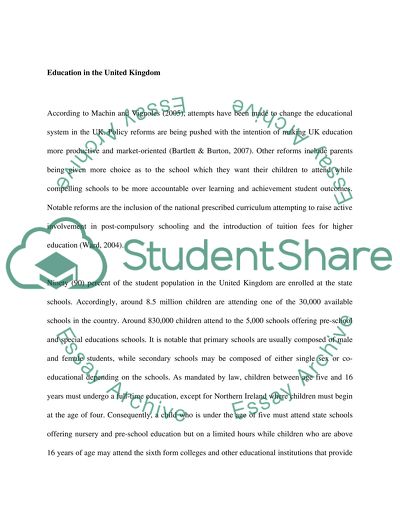Cite this document
(“Identify three key Educational issues in Britain today. What are the Essay”, n.d.)
Retrieved from https://studentshare.org/environmental-studies/1421337--identify-three-key-educational-issues-in-britain
Retrieved from https://studentshare.org/environmental-studies/1421337--identify-three-key-educational-issues-in-britain
(Identify Three Key Educational Issues in Britain Today. What Are the Essay)
https://studentshare.org/environmental-studies/1421337--identify-three-key-educational-issues-in-britain.
https://studentshare.org/environmental-studies/1421337--identify-three-key-educational-issues-in-britain.
“Identify Three Key Educational Issues in Britain Today. What Are the Essay”, n.d. https://studentshare.org/environmental-studies/1421337--identify-three-key-educational-issues-in-britain.


